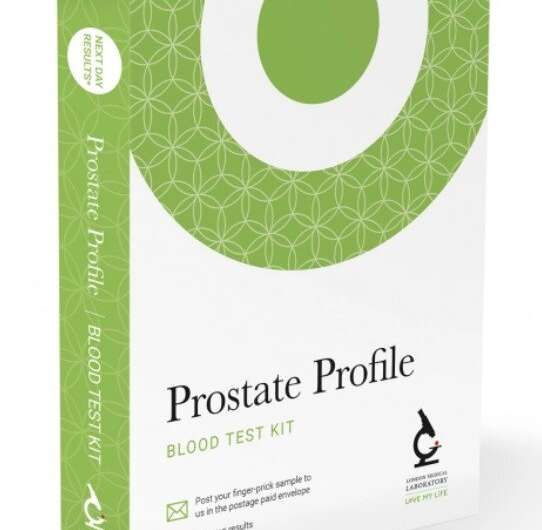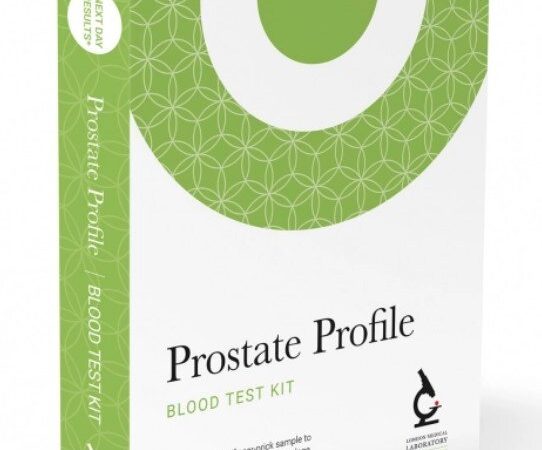
A leading testing specialist says he has detected an 8% jump in cases of previously unidentified prostate cancer this year, mirroring research conducted by Prostate Cancer U.K.
The leading blood testing expert, Dr. Quinton Fivelman Ph.D., chief scientific officer at London Medical Laboratory, says: “In our testing we’ve seen a notable 8% jump this year in previously undetected cases, very possibly because people with mild symptoms may have put off visiting doctors during COVID. It’s vital men present as early as possible when noticing any indications.
“It’s also concerning that men don’t realize that having a father or close relative with the disease significantly increases their chances of developing it. New research from the U.S. Prostate Cancer Foundation shows 58% of prostate cancer is driven by genetic factors. Men who have a close relative with prostate cancer may be twice as likely to develop the disease, while those with two or more relatives may be nearly four times as likely to be diagnosed. Crucially, the risk looks to be significantly higher if your father or close relative was diagnosed before the age of 60.
“Prostate cancer is now the most common cancer in the U.K. with 1 in 8 men developing it, but men are hiding their heads in the sand over the disease. The prostate produces a fluid that mixes with sperm to make semen. Particularly as men get older, issues with the prostate are common and can lead to cancer if undiagnosed.
“The most recent U.K. figures available reveal 57,192 new cases. For the first time, prostate cancer is the most common cancer in Britain, ahead of breast cancer (57,153) and lung cancer (48,054). In 2020, Prostate Cancer U.K. reported the number of men dying from prostate cancer in the U.K. had exceeded 12,000 in one year for the first time.
“Of most concern, 42% of men don’t want to visit the doctor even when they observe the first signs, such as having to wee more frequently in the night, reduced flow or blood in their urine. They put off visiting until their symptoms worsen, even though the NHS says catching prostate cancer at stages 1 and 2 has a near 100% success rate, as opposed to around 50% at stage 4.
“One way to help slow the tide of increasing prostate cancer deaths is by making it easier for those men who are unwilling to visit their doctor to get tested for the disease. An at-home finger-prick prostate blood test can cut out the hassle and embarrassment of a GP visit and reassure men, or alert them to a possible problem. At home blood tests also mean men without symptoms can test themselves regularly if their father or close relatives developed the disease at a young age.
“The blood tests check the levels of prostate specific antigen (PSA). A high PSA can indicate problems with the prostate gland. Of course, a PSA test cannot be solely relied on to either confirm or exclude the presence of prostate cancer. However, it is a good indicator. If a PSA reading is high, then you will need further investigations with a urologist.
Source: Read Full Article
